The People vs. COP26: Time for Politicians, Billionaires to Listen
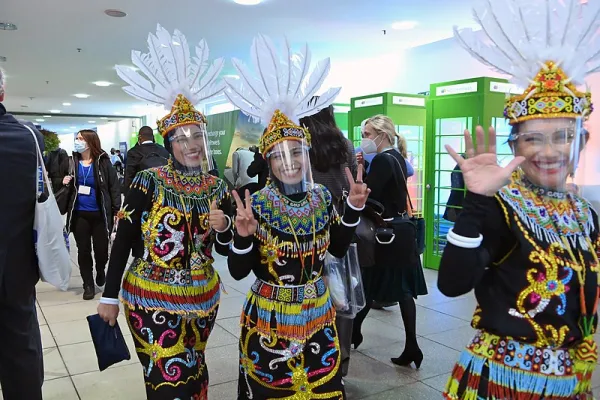
Of all the speeches and political grandstanding at the 2021 United Nations Climate Change Conference in Glasgow (COP26), the words of Mexican President, Andres Manuel Lopez Obrador, were the most profound and least hypocritical.
Lopez Obrador raged against the “technocrats and neoliberals” - world leaders who hold the future of humanity in their hands. This was a direct reference to leaders of the powerful countries that “increase their fuel production, at the same time that they hold summits for the protection of the environment,” while arriving in Glasgow on private jets.
Indeed, hypocrisy continues to define what is meant to be a collective global fight against climate change and its ravaging, often deadly consequences.
ALCINA: Opera Review

Best known for his 1742 oratorio the Messiah, with its immortal, glorious “Hallelujah Chorus,” George Frederick Handel was also a prolific composer of operas. Earlier this month, Angelenos had a special treat, an opportunity to enjoy a concert performance of Handel’s 1735 opera Alcina, presented by London-based The English Concert. The plot and theme of this delightful 18th century work would be familiar to devotees of Woody Allen movies – infidelity and shifting romantic partnerships, a sort of sexual musical chairs.
The story, which Handel adapted from Riccardo Broschi’s 1728 Rome-set libretto of L'isola di Alcina, takes place at an enchanted isle presided over by the eponymous enchantress Alcina. Spells are cast, identities are mistaken, there are some gender bender twists and shapeshifting, as star-crossed lovers have their faithfulness (or lack of) challenged. An interesting plot point is the introduction of “The Ring of Truth,” a sort of ancient lie detector enabling the bearer to determine whether one’s beau or belle is being honest or, as the libretto puts it, “a cruel deceiver.” Ahh, the fickle finger of fidelity!
AFI FEST 2021: Film Review
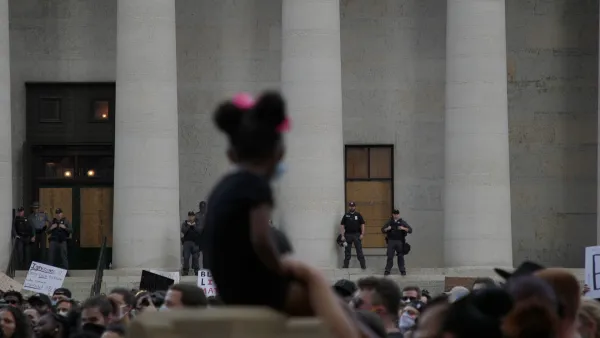
The AFI Fest has returned to Hollywood for live, in-person screenings and events, although there is also a virtual component for watching many of the feature, documentary, short, indie, studio, and foreign productions that Los Angeles’ largest annual film festival is presenting in 2021. Some of the screenings are accompanied by talent who introduce and/or speak about their films when they are shown at the TCL Chinese Theatres. Here are reviews of some of the films I have seen so far:
MEET THE PRESS FILM FESTIVAL AT AFI FEST
According to the AFI’s website: “In partnership with NBC’s Meet the Press, these short documentaries spotlight compelling stories about pressing issues facing our society with conversations moderated by NBC News journalists.” Meet the Press, of course, is the long running TV program where newsmakers are questioned by a moderator and a panel of journalists hold forth on topics of the day. Accordingly, all of the nonfiction films screened at AFI Fest in collaboration with Meet the Press are topical in nature – and many of them deal with the pressing topic of race, as America undergoes a long overdue racial reckoning.
American History: Lets Face the Truth
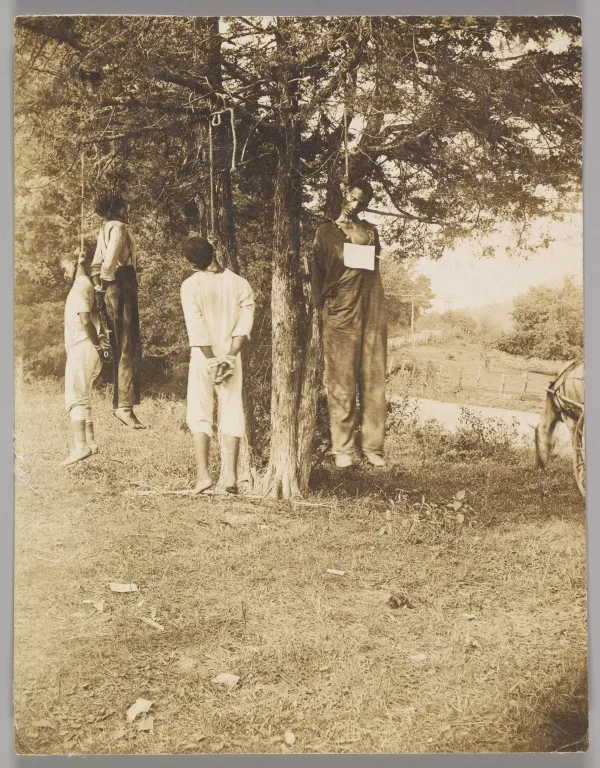
When you’re losing the game, summon the commies!
And conservative white America has been losing for quite some time — losing control of the future, that is. The good old days of unabated white supremacy aren’t coming back; racism can only maintain a public forum, and political relevance, if it’s wrapped in political correctness. In other words, racism can’t (openly) be racism anymore. That’s where Karl Marx comes in.
Excuse me, I mean Critical Race Theory: the enemy, the sower of hatred among children. CRT is an academic concept that almost no one had ever heard of, which has been turned into the scapegoat of the moment.
Bill Gates Should Know Better: How the Israeli Occupation Ravages the Environment in Palestine
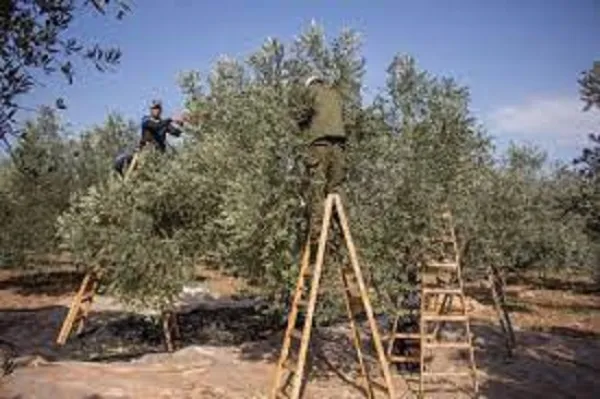
Those who are not familiar with how Israel, particularly the Israeli military occupation of Palestine, is actively and irreversibly damaging the environment might reach the erroneous conclusion that Tel Aviv is at the forefront of the global fight against climate change. The reality is the exact opposite.
In his speech at the UN Climate Change Conference COP26 in Glasgow, Israel’s rightwing Prime Minister Naftali Bennett pushed the Israeli brand of “innovation and ingenuity” to “promote clean energy and reduce greenhouse gases”.
Found in Translation: New York Times Says Democrats Shouldn’t Challenge Oligarchy

A few days after the Nov. 2 election, the New York Times published a vehement editorial calling for the Democratic Party to adopt “moderate” positions and avoid seeking “progressive policies at the expense of bipartisan ideas.” It was a statement by the Times editorial board, which the newspaper describes as “a group of opinion journalists whose views are informed by expertise, research, debate and certain longstanding values.”
The editorial certainly reflected “longstanding values” -- since the Times has recycled them for decades in its relentless attacks on the progressive wing of the Democratic Party.
** The Times editorial board began its polemic by calling for the party to “return” to “moderate policies.”
Words without Action: The West’s Role in Israel’s Illegal Settlement Expansion
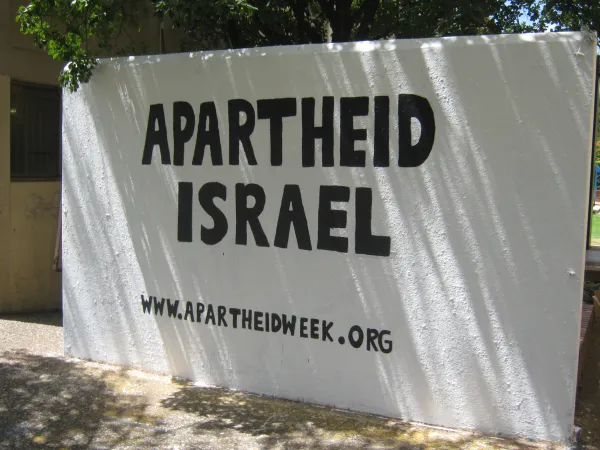
The international uproar in response to Israel’s approval of a massive expansion of its illegal settlement enterprise in the occupied Palestinian West Bank may give the impression that such a reaction could, in theory, force Israel to abandon its plans. Alas, it will not, because the statements of ‘concern,’ ‘regrets’, ‘disappointment’ and even outright condemnation are rarely followed by meaningful action.
True, the international community has a political, and even legal, frame of reference regarding its position on the Israeli occupation of Palestine. Unfortunately, however, it has no genuine political mandate, or the inclination to act individually or collectively, to bring this occupation to an end.
A World Without Money
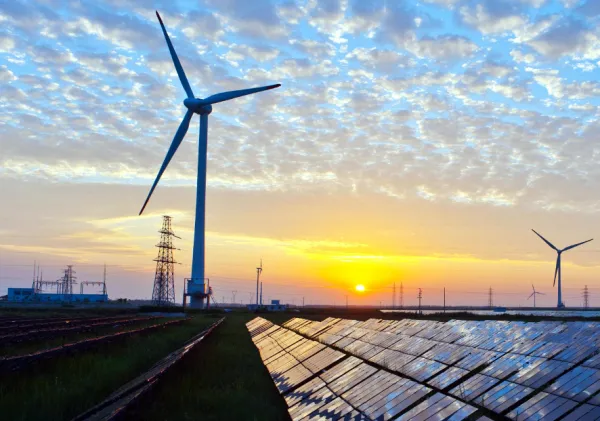
And climate change begins . . .
“Three or four thousand years ago the gods began a migration from the lakes, forests, rivers, and mountains into the sky, becoming the imperial overlords of nature rather than its essence.”
So writes Charles Eisenstein in Sacred Economics, defining a transition in human existence that has finally begun to haunt us — haunting some of us more than others, of course, in particular, that segment of humanity that was never part of the transition: a.k.a, the indigenous . . . the uncolonized . . .people of Planet Earth. Now, as global warming and ecological collapse becomes more and more of a reality, those who had nothing to do with it are bearing most of the hit, at least so far.
BLUES IN THE NIGHT: Theater Review
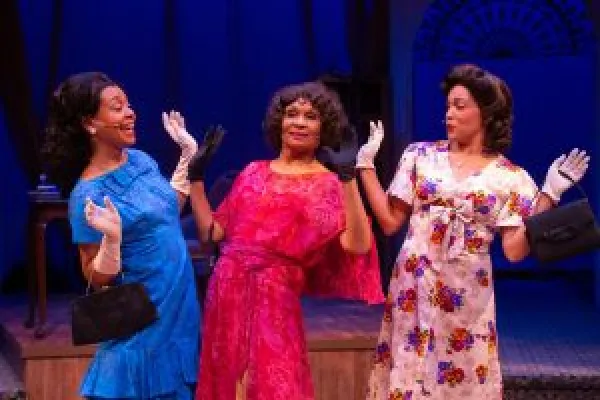
No, Blues in the Night is not the new theme song that the post-Election Day Democrats are singing. Rather, it is a show starring that distinctly African American art form, the Blues, directed by Ebony Repertory Theatre’s Wren T. Brown and conceived by Sheldon Epps. In the Tony and Olivier award nominated Night four singers croon and belt out 26 songs, many of them created by luminaries of the genre such as Duke Ellington (“I’m Just A Lucky So-And-So”), Bessie Smith (“Blues Blues”), Benny Goodman (“Stompin at the Savoy”) and the eponymous “Blues in the Night” by Harold Arlen and Johnny Mercer. Happily, none of the music was lip synched and all the numbers were performed by a live quintet.
Independence Struggle In Latin America
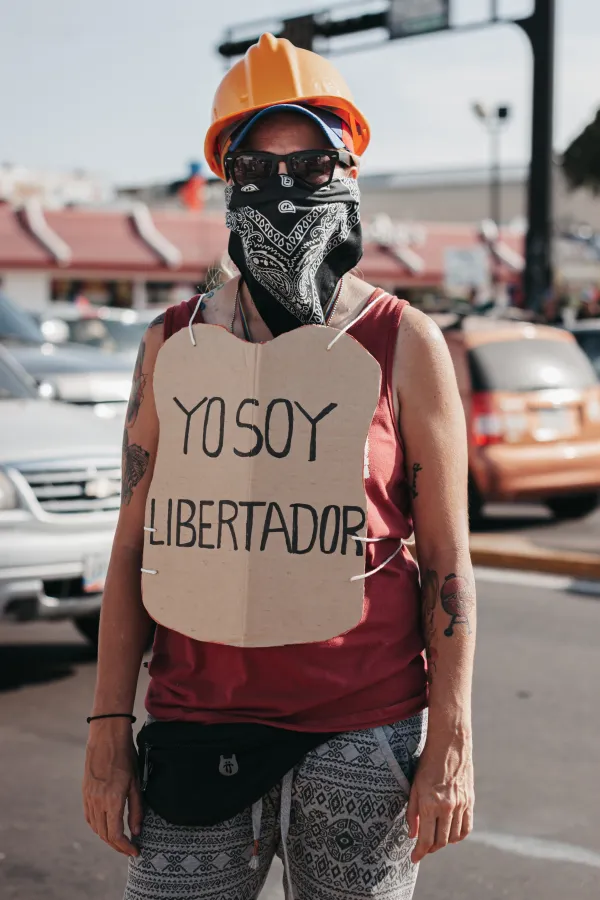
From Panama to Puerto Rico, the emerging struggle for independence from US imperialism continues in Latin America today. Puerto Rico is still a colony, called by the imperialists a common wealth, and although Jimmy Carter had us finally withdraw from the Panama Canal, the US continues to meddle in Panama, and maintain division between Panama and the rest of Latin America whether it be Central (Meso) or South America.
This struggle includes the resistance against economic coercion in all forms, including the guerra economica (economic war in Spanish) also known as sanctions. The imperial term sanction makes it sound like a surgical procedure, but it is far more harsh. The blockades or embargoes under international law are in fact a form of warfare. According to the UN, US imposed sanctions on the Venezuelan people have killed 10s of 1000s.
